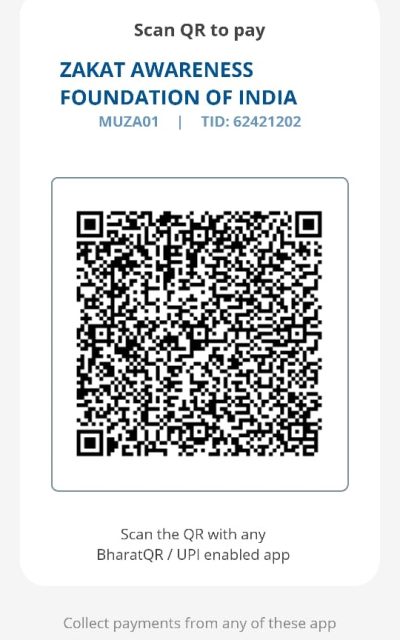The Importance of NGO Likelihood Services for Vulnerable Populations
Non-governmental organizations (NGOs) play a vital role in providing humanitarian aid and development assistance in various parts of the world. One of the critical services offered by NGOs is the provision of likelihood services to vulnerable populations. In this blog, we will explore what likelihood services are and how NGOs provide them to those in need.
What are likelihood services?
Likelihood services refer to services that help people meet their basic needs and improve their living conditions. These services may include food assistance, shelter, healthcare, education, and other social services. Likelihood services are especially crucial in emergencies, such as natural disasters, conflicts, and pandemics, where people’s lives and livelihoods are at risk.
How do NGOs provide likelihood services?
NGOs provide likelihood services through various programs and interventions. Some of the common methods used by NGOs include:
- Emergency response: NGOs respond to emergencies such as natural disasters and conflicts by providing essential services such as food, shelter, and medical aid. NGOs work with local communities to assess their needs and provide targeted assistance.
- Development programs: NGOs implement long-term development programs aimed at improving people’s living conditions. These programs may include education and skills training, health programs, agriculture, and income-generating activities.
- Advocacy and policy influence: NGOs advocate for policies and programs that promote social justice, human rights, and sustainable development. NGOs work with governments, international organizations, and other stakeholders to influence policies that affect the lives of vulnerable populations.
- Partnerships and collaborations: NGOs collaborate with other organizations, including government agencies, private sector, and communities to provide comprehensive and coordinated services to vulnerable populations.
Benefits of NGO likelihood services
NGO likelihood services offer several benefits to the communities they serve. These benefits include:
- Meeting basic needs: NGOs provide essential services such as food, shelter, and healthcare that help people meet their basic needs and survive in times of crisis.
- Empowerment: Likelihood services provided by NGOs also help empower communities by providing them with education and skills training, which they can use to improve their livelihoods.
- Sustainable development: NGO likelihood services promote sustainable development by addressing the root causes of poverty, inequality, and social injustice.
- Accountability: NGOs are accountable to the communities they serve, and their services are usually tailored to the specific needs of those communities.
Conclusion
NGO likelihood services are critical for ensuring the survival and well-being of vulnerable populations. NGOs provide essential services, including emergency response, development programs, advocacy, partnerships, and collaborations. These services help meet people’s basic needs, empower communities, promote sustainable development, and ensure accountability. By providing likelihood services, NGOs play a vital role in creating a more just, equitable, and sustainable world.



Comment (1)
A WordPress Commenter
Hi, this is a comment.
To get started with moderating, editing, and deleting comments, please visit the Comments screen in the dashboard.
Commenter avatars come from Gravatar.